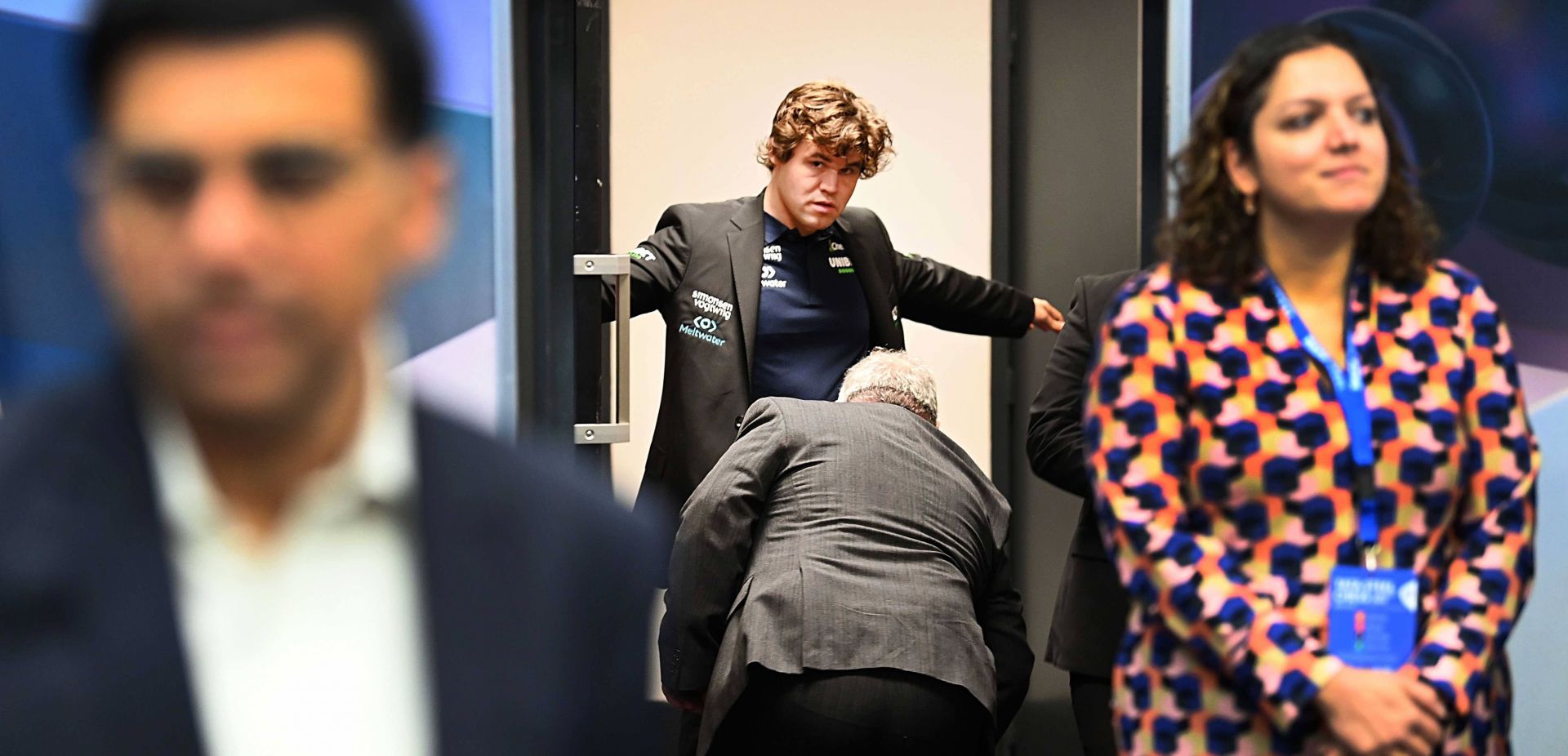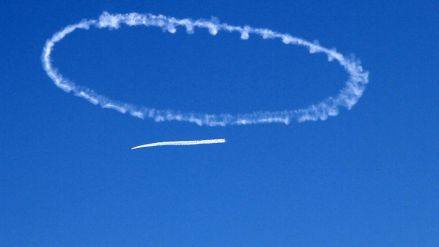The status of a grandmaster opens the door to a professional career and the possibility of earning money and making a living out of chess. However, income levels vary according to the player's current position in the rankings.
Better than processors?
The world's top three players earn up to $1 million a year (not bad, although the top tennis players earn 100 times that). The top 10 can count on $200,000. And the top 50 makes roughly $100,000 a head. The largest sum won in a single tournament was in 1972 when the legendary Bobby Fischer took home $3.5 million. Current prizemoney rates do not exceed EUR 1.5 million.
Apart from official tournaments, there are a large number of closed events, to which only the world's top players are invited. Prizes are determined by the organizers but invariably they are tempting. Even finishing last in such a tournament offers a pay-off of several thousand euros.
Magnus Carlsen remains the richest chessplayer in the world today. Back in 2012, he was already earning 1 million euros a year. A lot has changed since then -- both in his bank account and in his life. His current market value is estimated at an unconfirmed 8 million euros a year.
The Norwegian is not looking for sponsors. Rather, it is they who run after him. Deals with Microsoft and the G-Star Raw clothing brand are said to cover his operating budget with 2 million per season. Add to that the 400,000 euros he reputedly earns for promoting the online betting firm Unibet. However, all this must be taken on faith since such contract details are classified.
Carlsen also has a knack for business. He establishes software companies. He is adept at flexibly reacting to changing reality. During the pandemic, he earned over half a million on the Chess24 virtual platform, the highest earnings of any e-chess players. His brain works well not only on the chessboard.
And the human brain is the key to this game. Muscle strength doesn't matter. General physical condition is useful (e.g. Jan-Krzysztof Duda has a coach to supervise this aspect as he trains by swimming, playing tennis and running). However, the decisive factor is mental fitness and mental toughness. For this reason, it was many years before chess was considered to be a sport.
The controversy continues to this day, even though the IOC did come up with a solution by recognizing chess as a sport discipline. Nonetheless, it declined to accept chess into the Olympic family. Chess players are not allowed to participate in the Olympic Games but they do have their own biennial Chess Olympiads in its stead.
Yes, examined logically, the game meets at least two basic conditions of sport: competition and a competitive formula. Two rivals and an extreme effort to win are the hallmarks of any sport discipline. The fact that chess is mind-related, that it involves a clash of human intellects and professional efforts, marks the specificity of the discipline.
The conventional wisdom is that a chess player's brain works like a computer -- programmed in a narrow scope, used to recreate learned patterns. In this sense, the game is not as creative as the players claim, and their status as geniuses is questionable.
Gary Kasparov decided to prove otherwise -- that the human brain is superior to the best processors. So he sat down to a match against the computer. This time as a representative of all humanity. It proved to be a spectacular duel between human and artificial intelligence.
Trade setup
In 1989, IBM launched a new product. The then pride of the corporation was the "Deep Thought" computer. In the first encounter of a series, Gary quickly disposed of the machine, much to the dismay of those who had developed it.
IBM decided to improve its work, a process that took seven years. They built a fancy beauty called "Deep Blue", complete with 32 processors capable of analyzing 200 million combinations per second. Compar that to Kasparov's brain, which could come up with no more than an estimated three moves in a similar time span.
Their second match was played in 1996 and this time the computer won the first game. Yet the whole match, which lasted six rounds, was won by Kasparov 4:2. The giant corporation was not willing to give up. This was a fight for good publicity and profits, and, as they say, no pain no gain.
A year later, television showed the final round of the series, but not the game finale. After further adjustments and corrections, the computer, now tentatively named "Deeper Blue", defeated the all-time chess champion player. Gary conceded the match in what was the fifth game.
IBM, buzzing with its achievement, issued triumphant statements, prematurely, it turned out. In the fifth hour of that fifth game, an event occurred that changed the image of the match. In considering what might be its decisive move, the computer spent the next 10 hours analyzing the situation on the board.
But this time the grandmaster's staff were insistent about not letting go. Human intervention was suspected -- and, as it turned out, rightly so. Someone was controlling the machine and making decisions. When the computer was supposedly "thinking", the software was being modified, data from previous games was being added.
The army of technicians who built this computer and the army of analysts who controlled it were supposed to certify the superiority of artificial intelligence over human? Well, no way! Karpov wasn't defeated by a computer, but by squadrons of helpers, so it had all been a commercial stunt.
The cash must add up
As you can see, chess arouses hidden passions. Although the game seems so quiet and peaceful, those passions surge at times because of politics and sometimes they are stirred, yes, by business. It will be no different this time in Kazakhstan. Allowing a Russian to fight for the title is clearly a scandal.
It is not for the first time and it won't be the last. Arkady Dvorkovich, Russia’s former deputy prime minister and current FIDE president, has no problem with it. Neither does IOC president Thomas Bach. Sanctions are one thing but the money must come our way. This is a show, they think.
They are playing their chess. And meanwhile the war and the massacres in Ukraine show just how strongly dehumanized their battle for the chess crown is. Some people, it appears, are capable of operating in the mode of hoaxes while exchanging platitudes about equal opportunities and peaceful brotherhood of nations. Unfortunately, the world of sport allows it. So nothing will change.
– Marek Jozwik
TVP WEEKLY. Editorial team and jornalists
– Translated by Agnieszka Rakoczy 
 SIGN UP TO OUR PAGE
SIGN UP TO OUR PAGE 





